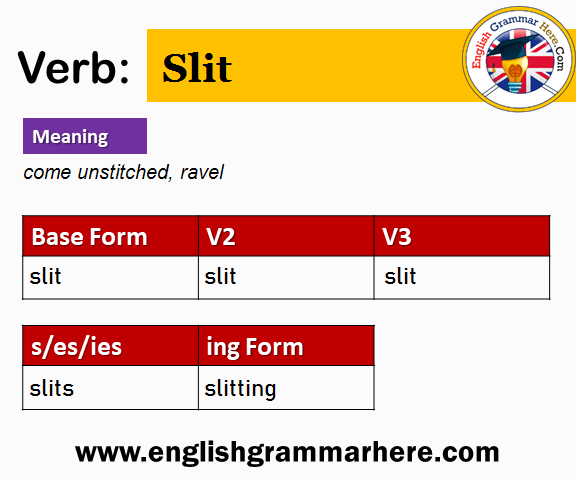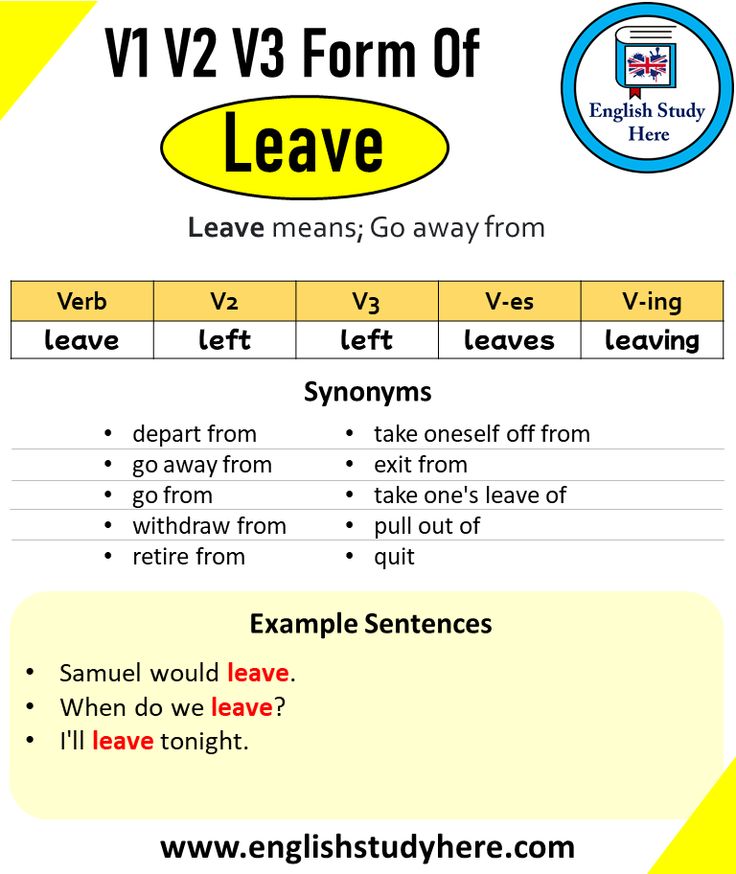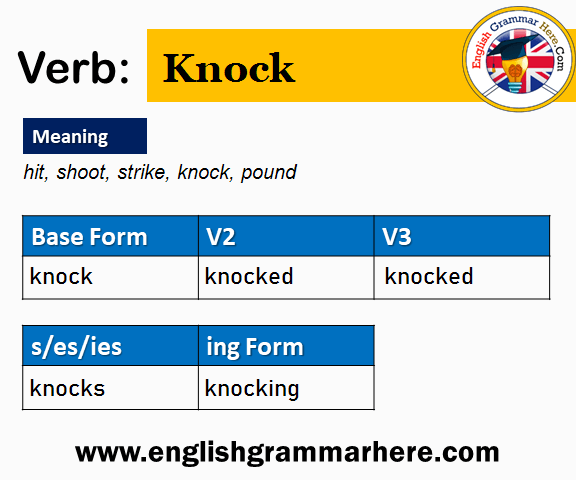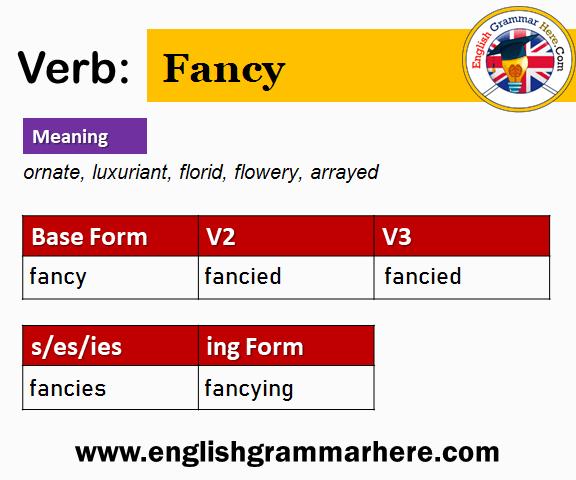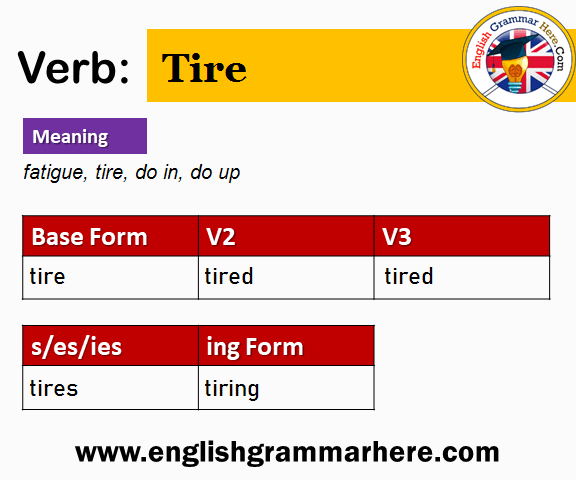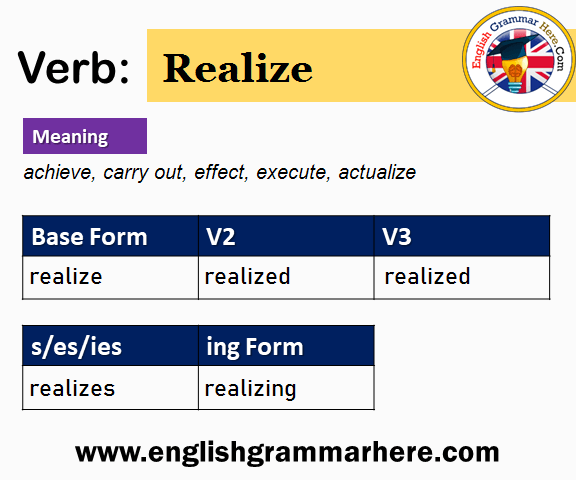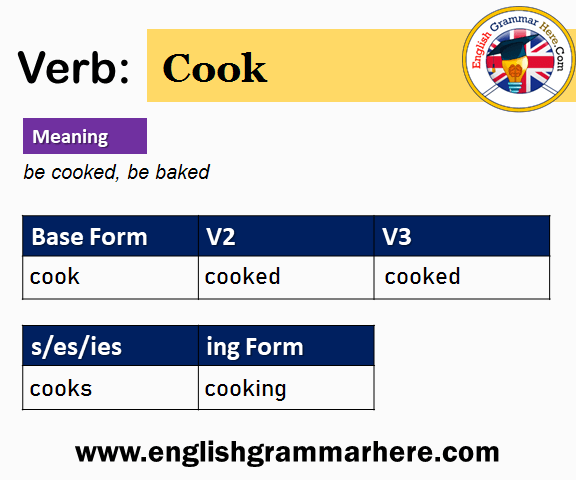Slit Past And Past Participle Form V1 V2 V3 V4 V5 Form of Slit
Ever stumbled upon the word “slit” and wondered about its different forms? You’re not alone.
Understanding the various verb forms of “slit” can be a bit tricky, but it’s crucial for mastering English grammar. Whether you’re drafting an important document or simply aiming to enhance your language skills, knowing the V1, V2, V3, V4, and V5 forms of “slit” can make all the difference.
Imagine having the confidence to use these forms correctly in any context. This article is your guide to unlocking that potential. Dive in to discover how mastering these forms can elevate your communication prowess and boost your confidence in using English effectively.
Slit In The Present And Past
Slitis a simple word. It means to cut or make a narrow opening. In the present, we say “slit” for the action now. The past tense is “slit” too. So, if you did it yesterday, you say, “I slit the paper.” Easy, right? Remember, in both present and past, it stays the same. No change at all. This helps learners. Keeps it simple. The past participle form is “slit.” So, if the action is done, you say, “The paper is slit.” Again, no change. This is important.

Credit: englishstudyhere.com
Past Participle Form Of Slit
The past participle of slitis slit. It stays the same. This word is irregular. It does not change in any form. The pasttense is also slit. The present participle is slitting. It is used for actions happening now. Example: “He is slitting the paper.” In perfect tenses, use slit. Example: “I have slit the envelope.”
Here is a table showing the forms:
| Verb Form | Example |
|---|---|
| V1 (Base Form) | slit |
| V2 (Past Tense) | slit |
| V3 (Past Participle) | slit |
| V4 (Present Participle) | slitting |
| V5 (3rd Person Singular) | slits |
Variations And Uses Of Slit
The verb slithas different forms. The base form is slit(V1). The past form is also slit(V2). Its past participle is slit(V3) too. The present participle or gerund is slitting(V4). Lastly, the third person singular is slits(V5).
Slit means to make a long, narrow cut. It is often used in sewing. People use it to describe cutting fabric. The word is simple and useful. Many people learn it when they are young.

Credit: englishgrammarhere.com

Credit: englishgrammarhere.com
Conclusion
Understanding the forms of “slit” can enhance your English skills. The verb forms—V1, V2, V3, V4, and V5—are crucial in writing and speaking. They help convey time and action clearly. Practice using these forms in sentences for better fluency. Keep a list for quick reference.
This will aid in recognizing patterns in English verbs. Remember, learning takes time and patience. With consistent effort, your understanding will improve. So, explore more verbs and expand your language abilities. Happy learning!
